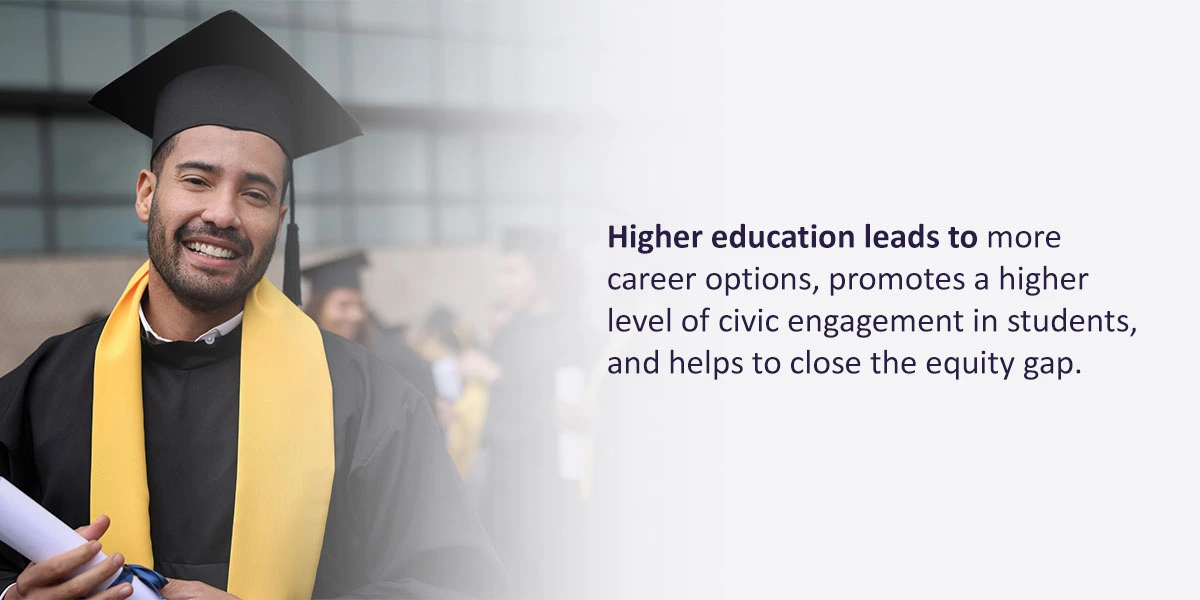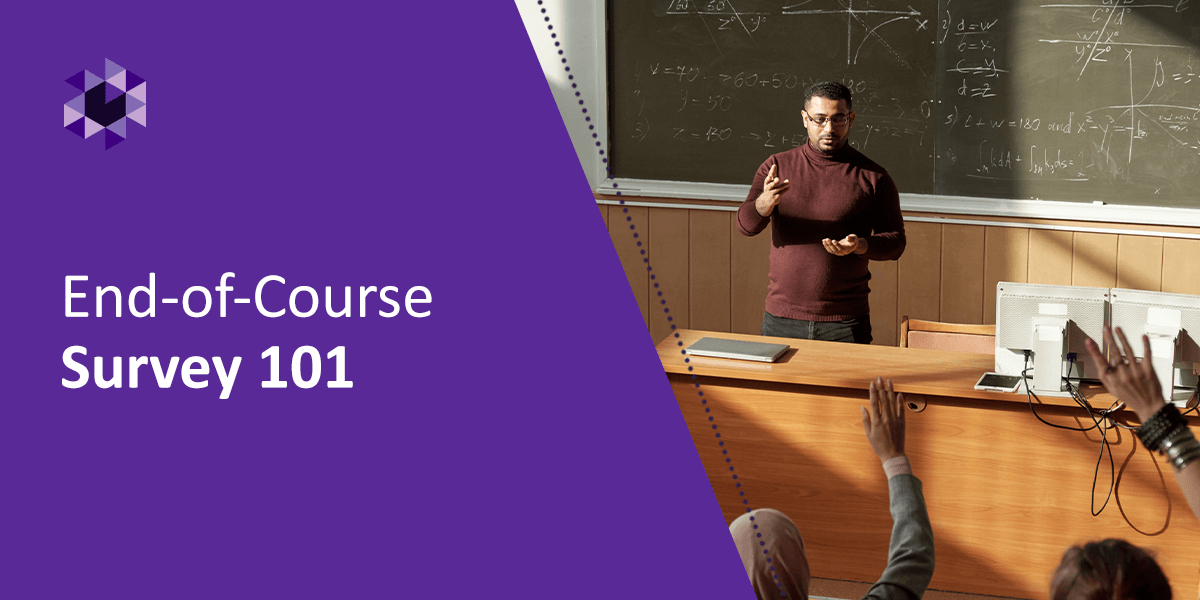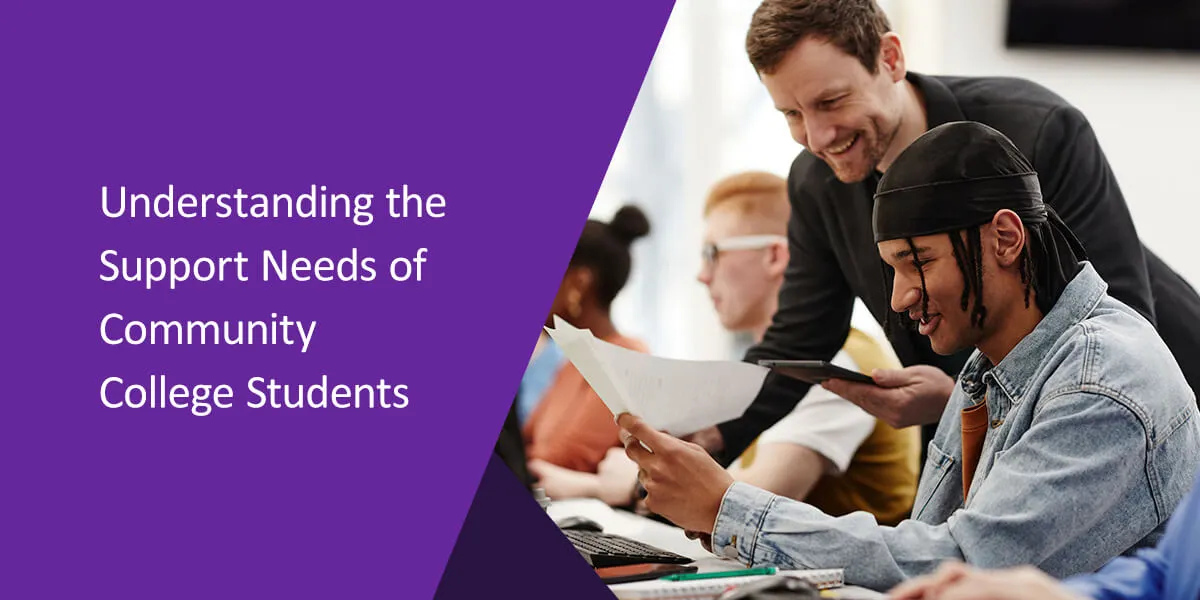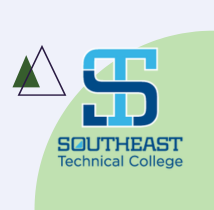



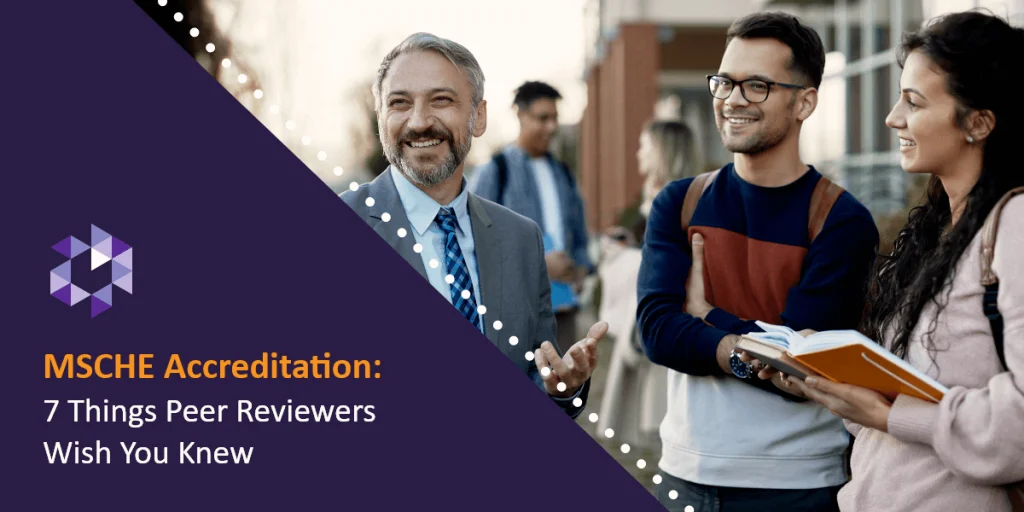
Middle States Commission on Higher Education (MSCHE) accreditation is a rigorous process for those on campus preparing materials, and for the peer reviewers who review them, visit campus, and report on their findings. Peer reviewers Jacob Ashby, assistant dean of assessment and articulation at Frederick Community College, and Jerry Edmonds, senior assistant provost of academic affairs at Syracuse University, shared insights from their perspectives as peer reviewers as well as participants in accreditation reporting on their respective campuses. Here are seven key things they wish every MSCHE institution knew about preparing a self-study and hosting a peer review visit.
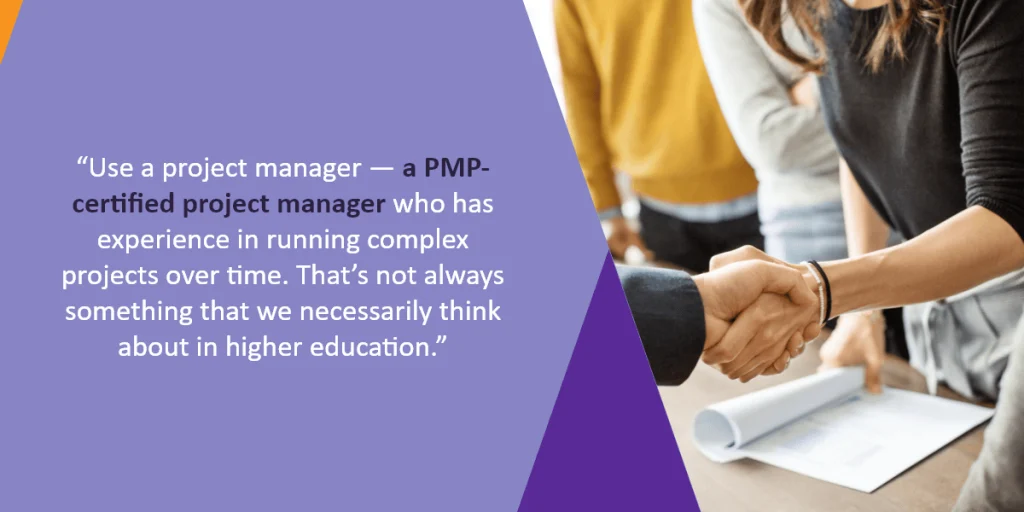
Ashby and Edmonds suggest employing some resources you may not have previously considered. “Use a project manager,” Edmonds recommends. “I’m talking about a PMP-certified project manager who has experience in running complex projects over time. That’s not always something that we necessarily think about in higher education.”
Edmonds also recommended assigning a logistics coordinator to assist the committees working on your self-study. “Build a really strong logistics team that can get those committees the resources they want, schedule meeting rooms, and keep them on a schedule that they’re meeting so they hit those interim deadlines and you get everything in on time,” he said.
Because your narrative and evidence give the review team their initial understanding of your institution, “make sure you have an organized document repository to capture the evidence you intend to use to support each part of the narrative,” Ashby said.
Both recommend starting early—ideally two to three years before your institution’s next reaffirmation.
Ashby recommends a mission-centric narrative to help reviewers focus on your institution’s unique approach rather than falling back to internal biases from their own institution.
“I participated in a review of a technical college, and they have a very unique model. It’s a technical school with culinary and technical preparation programs, and they do things like have admissions reps that follow their students from entry all the way through graduation and job placement,” Ashby noted. “The model was very interesting and I learned a lot from it. And every time I read something, I had to reflect on their mission because their institution is so different from the mission at my institution.”
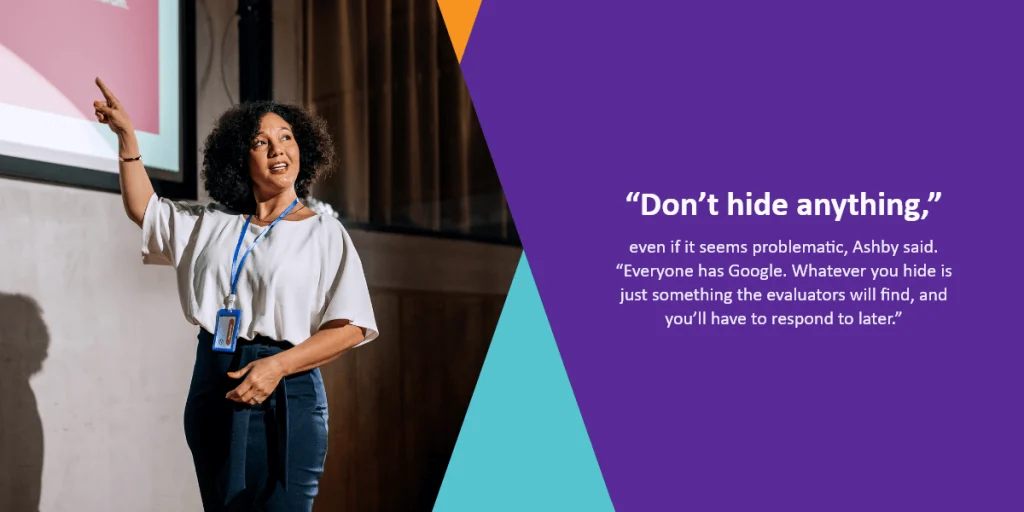
Honesty is paramount, so use your narrative to tell your institution’s story – warts and all. “Don’t hide anything,” even if it seems problematic, Ashby said. “Everyone has Google. Whatever you hide is just something the evaluators will find, and you’ll have to respond to later.”
Based on advice they received during their initial meeting with their Middle States peer reviewer team lead, Ashby followed this approach when Frederick Community College was preparing its most recent self-study while a situation involving former employees was playing out for the institution.
Syracuse also acknowledged imperfections in its most recent self-study. “We were commended for the quality of our self-study, but we also made recommendations to ourselves, including strengthening assessment activities and program review, as well as continuing to align strategic planning, decision support, and resource allocation,” Edmonds noted. “It was an opportunity to point out in writing that we’re going to continue to work on these areas. Part of being honest as an institution [is saying] here are some things we need to continue to work on.”
Peer reviewers have just a couple of days on campus to learn what they need to about your institution, so it’s important that you manage all of the logistics. Edmonds and Ashby recommend that you:
It’s tempting to create a schedule packed with senior leaders and impressive titles for the on-site team to speak with, but that’s a mistake. “Sometimes institutions will want you to talk with the senior leadership folks, but for me to talk with the provost is not going to be as beneficial as talking with the person who’s in the weeds doing the work,” said Ashby, who frequently evaluates learning outcomes assessment. “For me, it’s better to have two hours with two faculty groups than it is to have an hour with faculty and an hour with a senior leader when the senior leader really isn’t adding anything to the discussion.”
Edmonds and Ashby recommend creating a flexible schedule for the visit, including some open times for reviewers to capture notes, review additional materials, and hold internal discussions.
Given the high stakes and heavy lift involved in preparing a self-study and campus visit, there can be grumbling about whether accreditation is an unnecessary imposition. Edmonds offered perspective he’s shared with his own campus: “Institutional accreditors are a necessary condition of operating in higher education. We receive hundreds of millions of dollars indirectly through our students, through federal loans and other grants that they receive. So part of what we’re trying to answer is, are we good stewards of the funds we are receiving?”
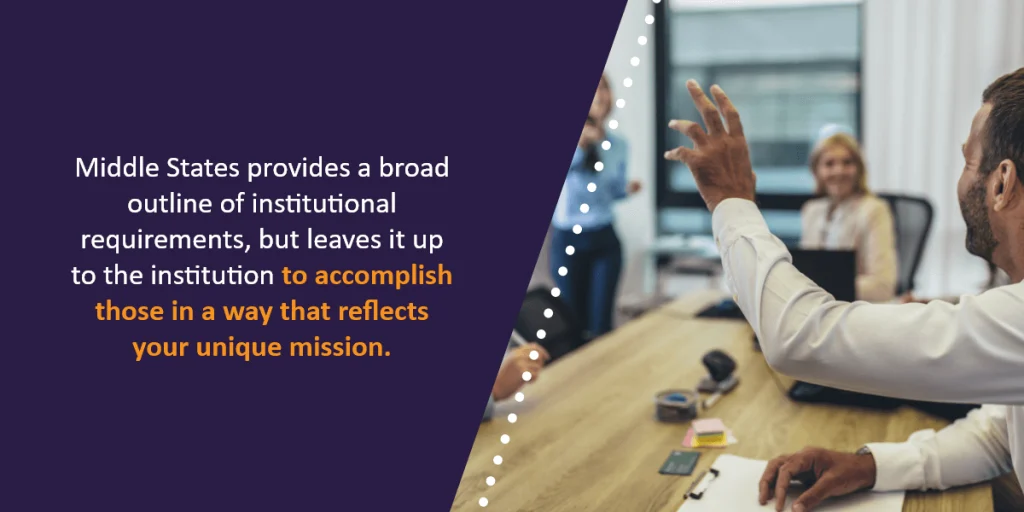
Middle States provides a broad outline of institutional requirements, but leaves it up to the institution to accomplish those in a way that reflects your unique mission. ”Use the accreditation standards like a compass,” Edmonds recommends. “What we’re asked to do, I would argue, are things we should be doing anyway—having conversations around teaching and learning, and resource allocation. If we’re doing those things, accreditation will take care of itself.”
Ashby and Edmonds have both served as the team lead for self-study at their institutions, and became peer reviewers in part to learn best practices they can bring back to their own campuses.
Ashby offered a reassuring perspective on the on-site visit. “We’re your peers. Treat it like talking to another department head, it’s the same situation. We’re just human beings,” he said. “We’re just trying to get as much information as we can to make educated decisions. We’re going to ask tough questions. It’s going to feel a little intense while it’s going on. But in the long run, everything will be fine.”

Want more insight into the MSCHE accreditation process? Download our Essential guide to MSCHE accreditation.




































































